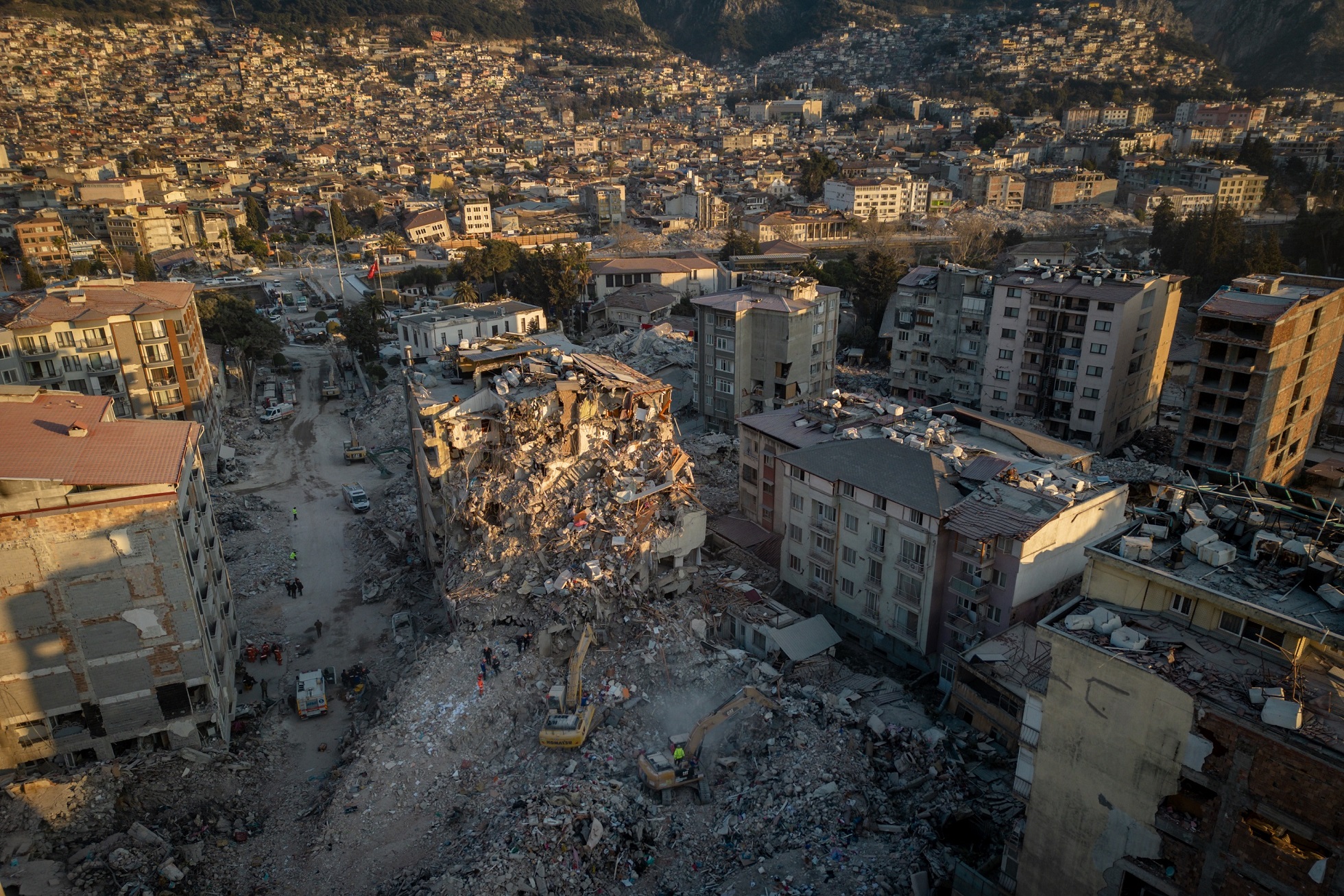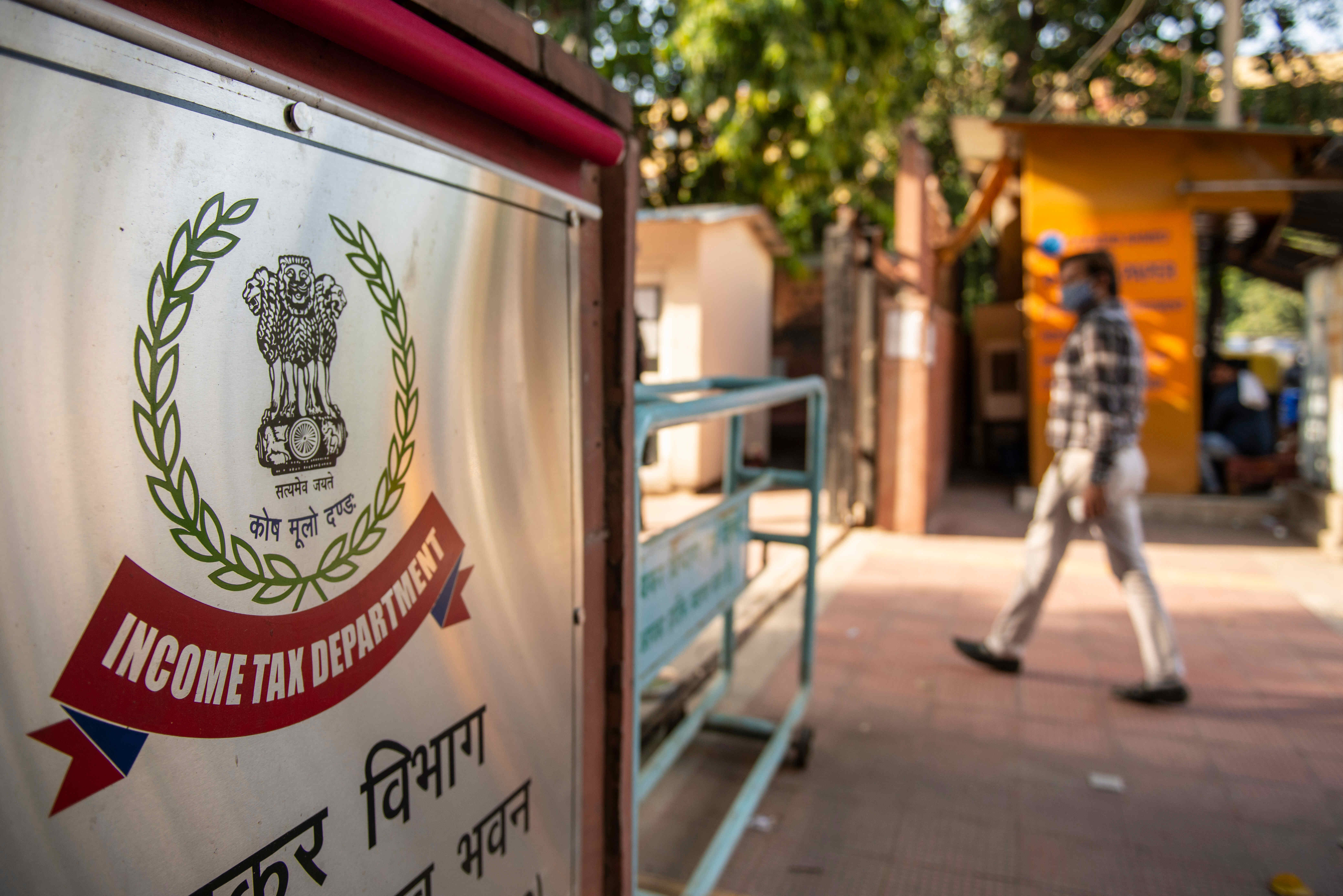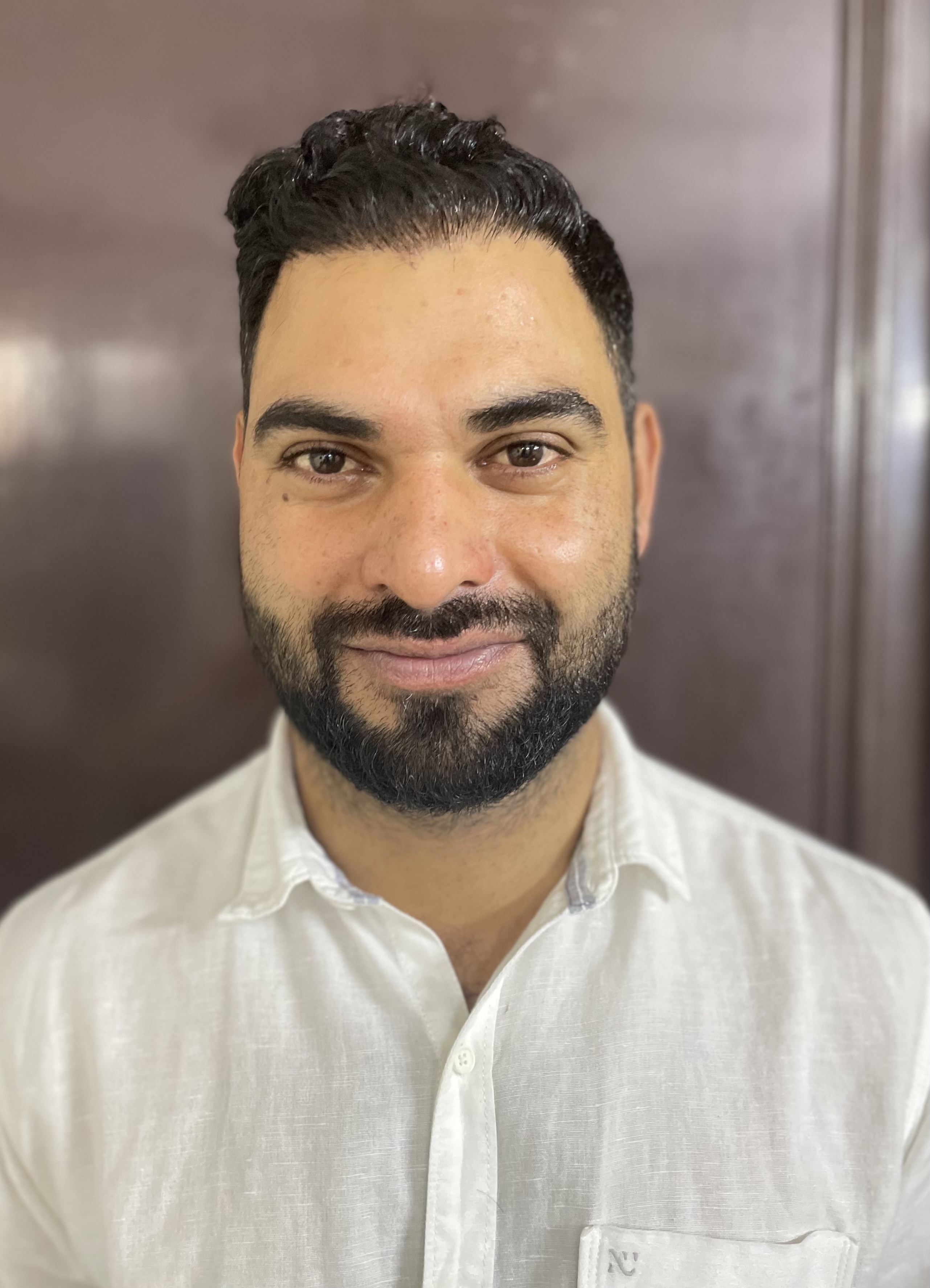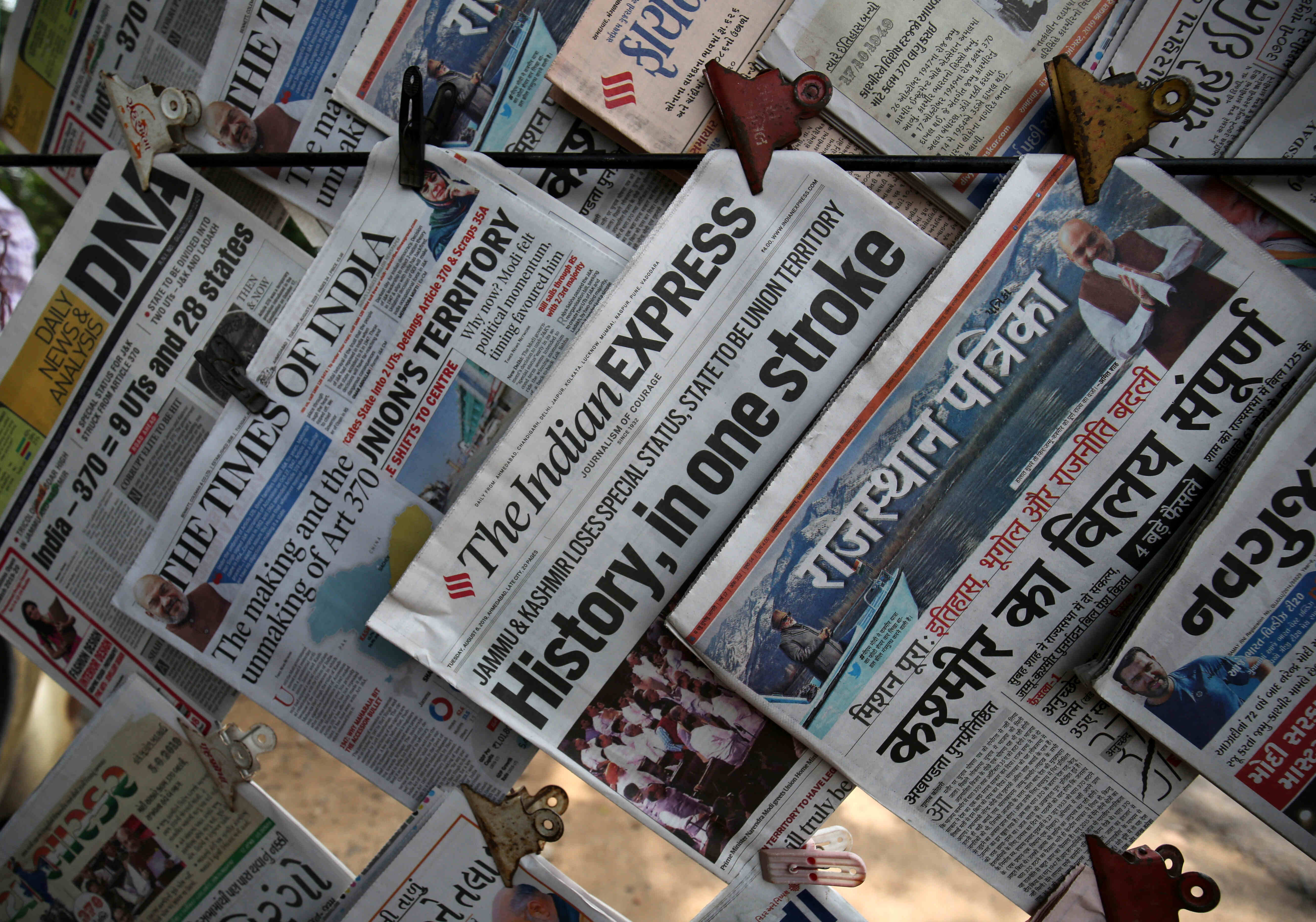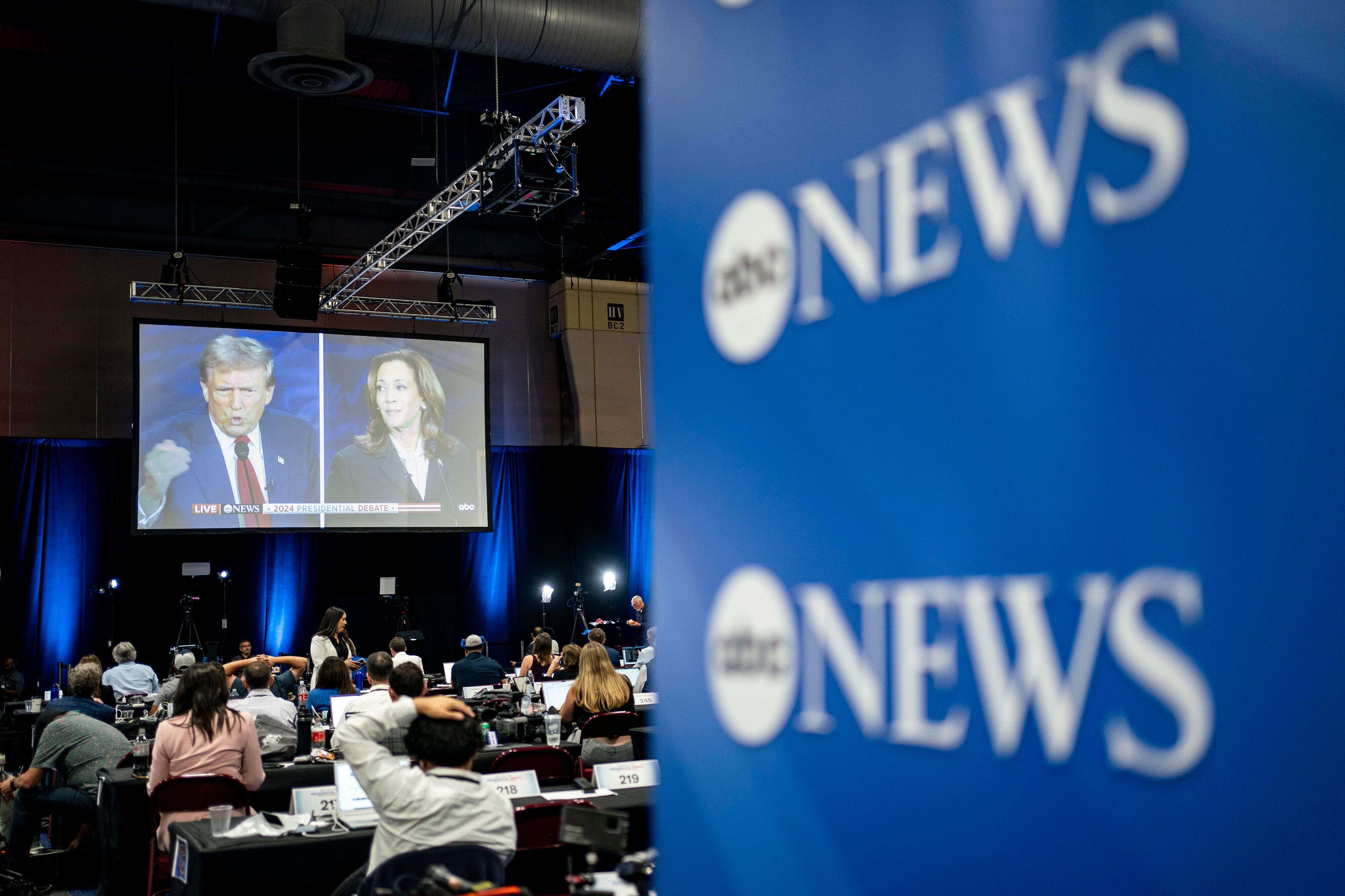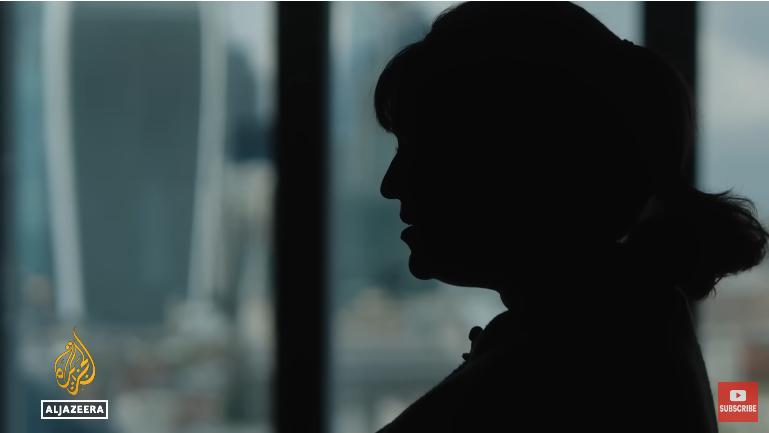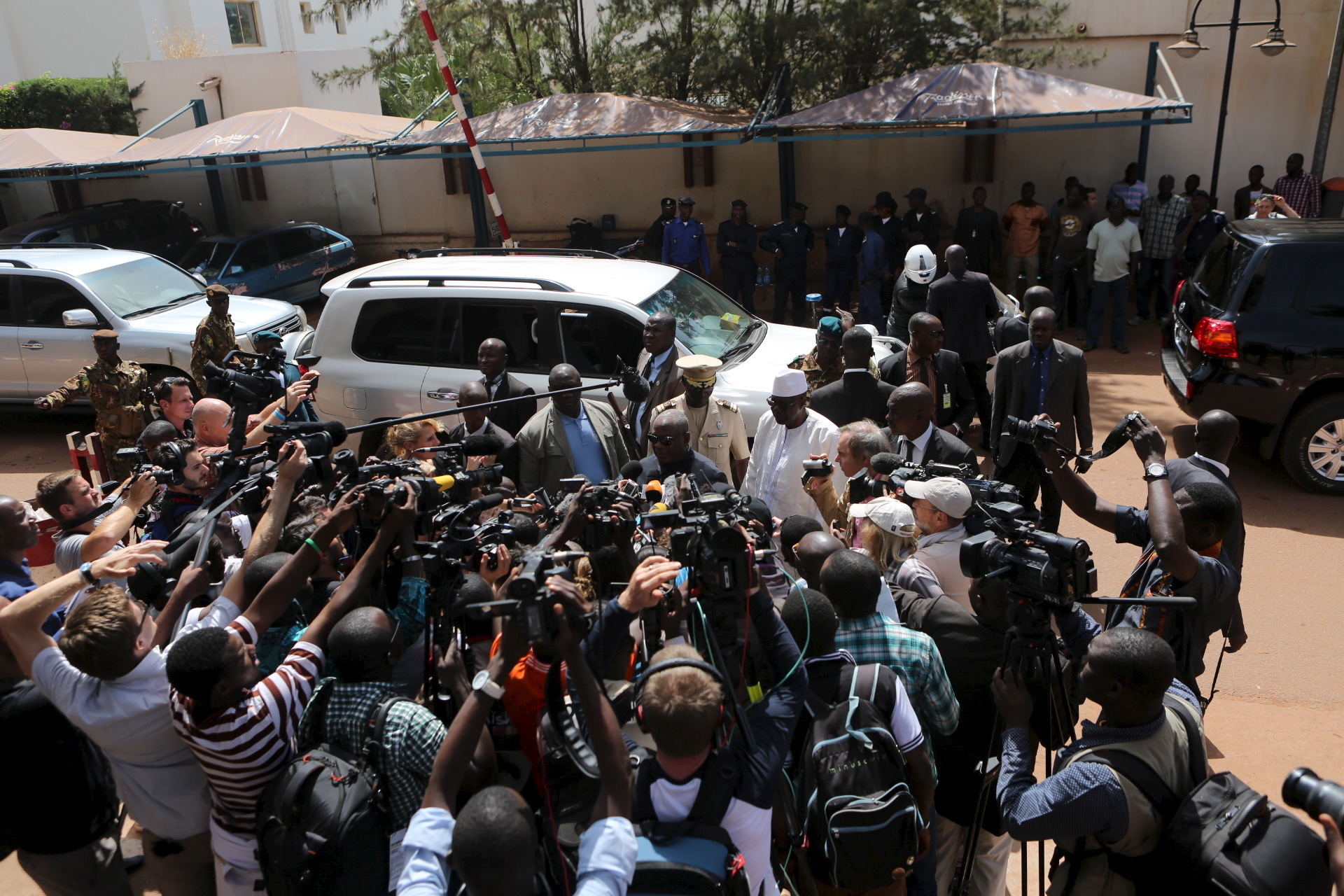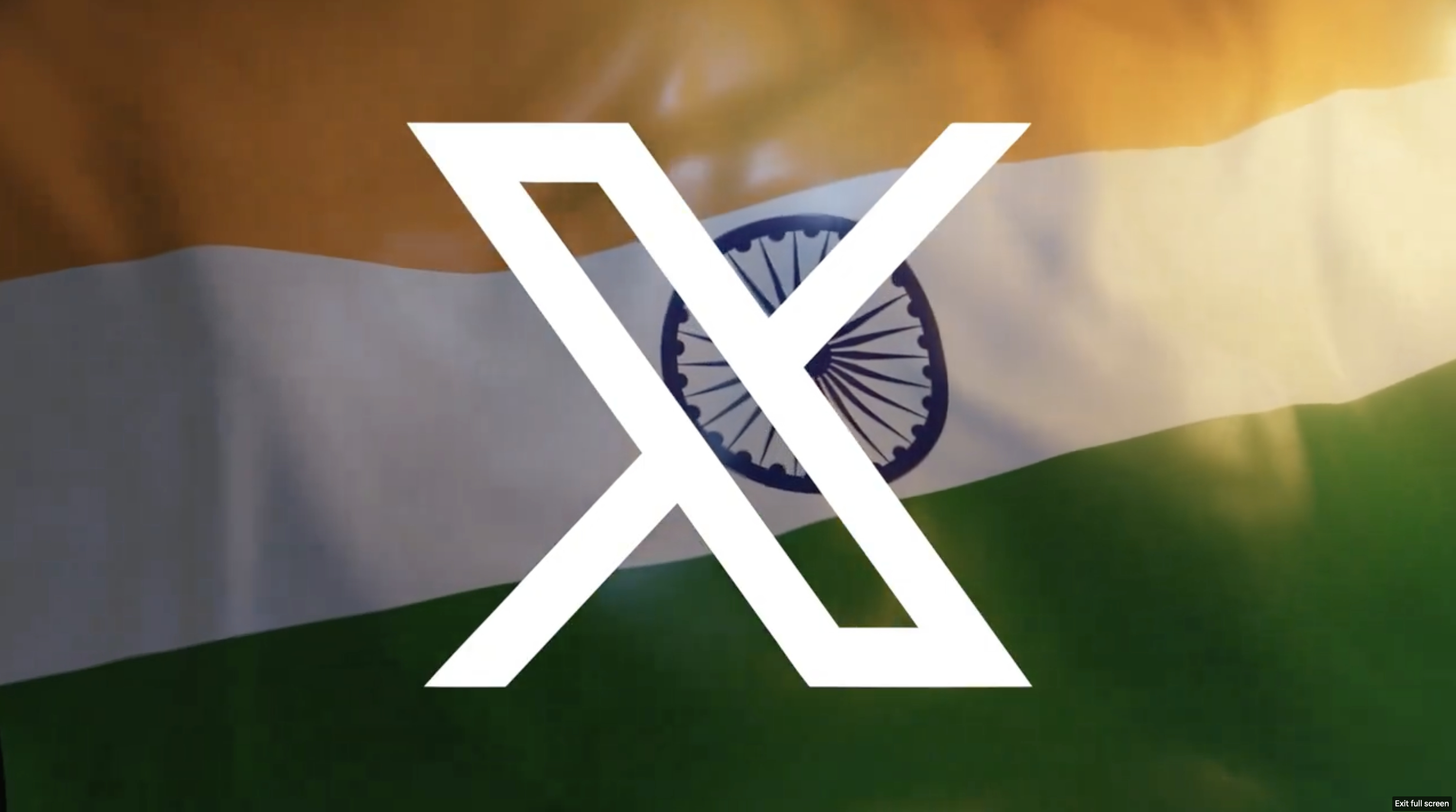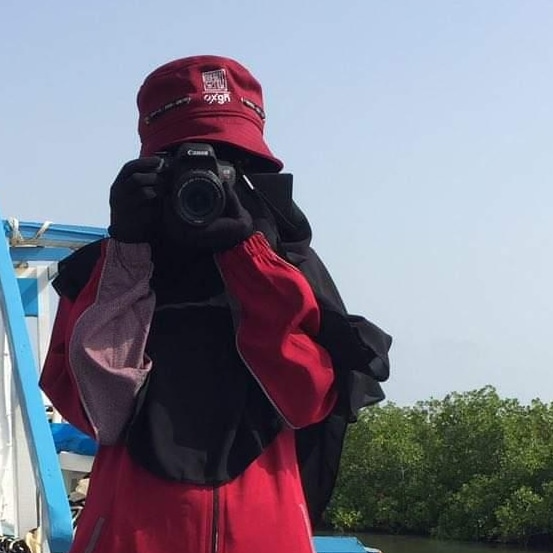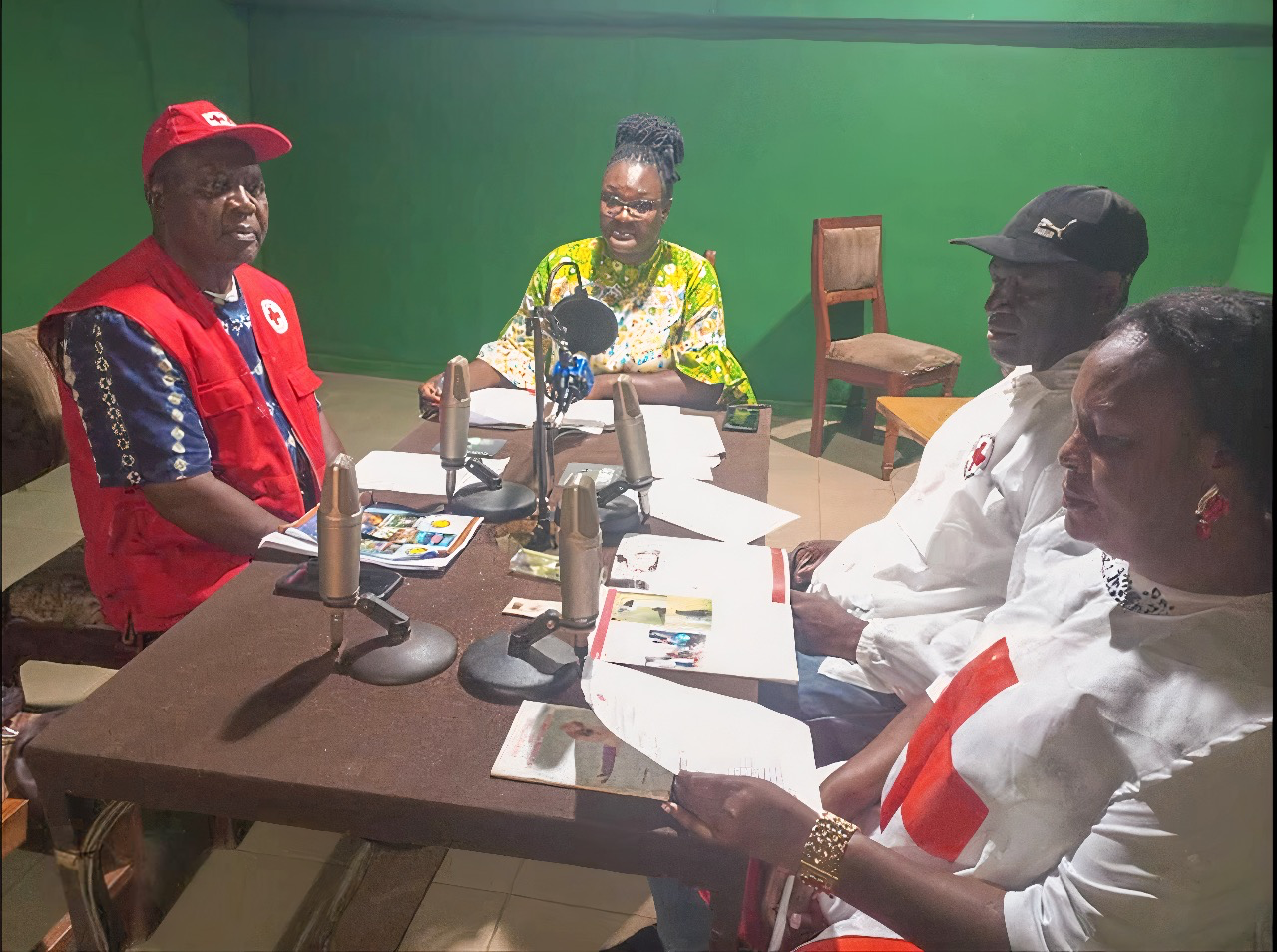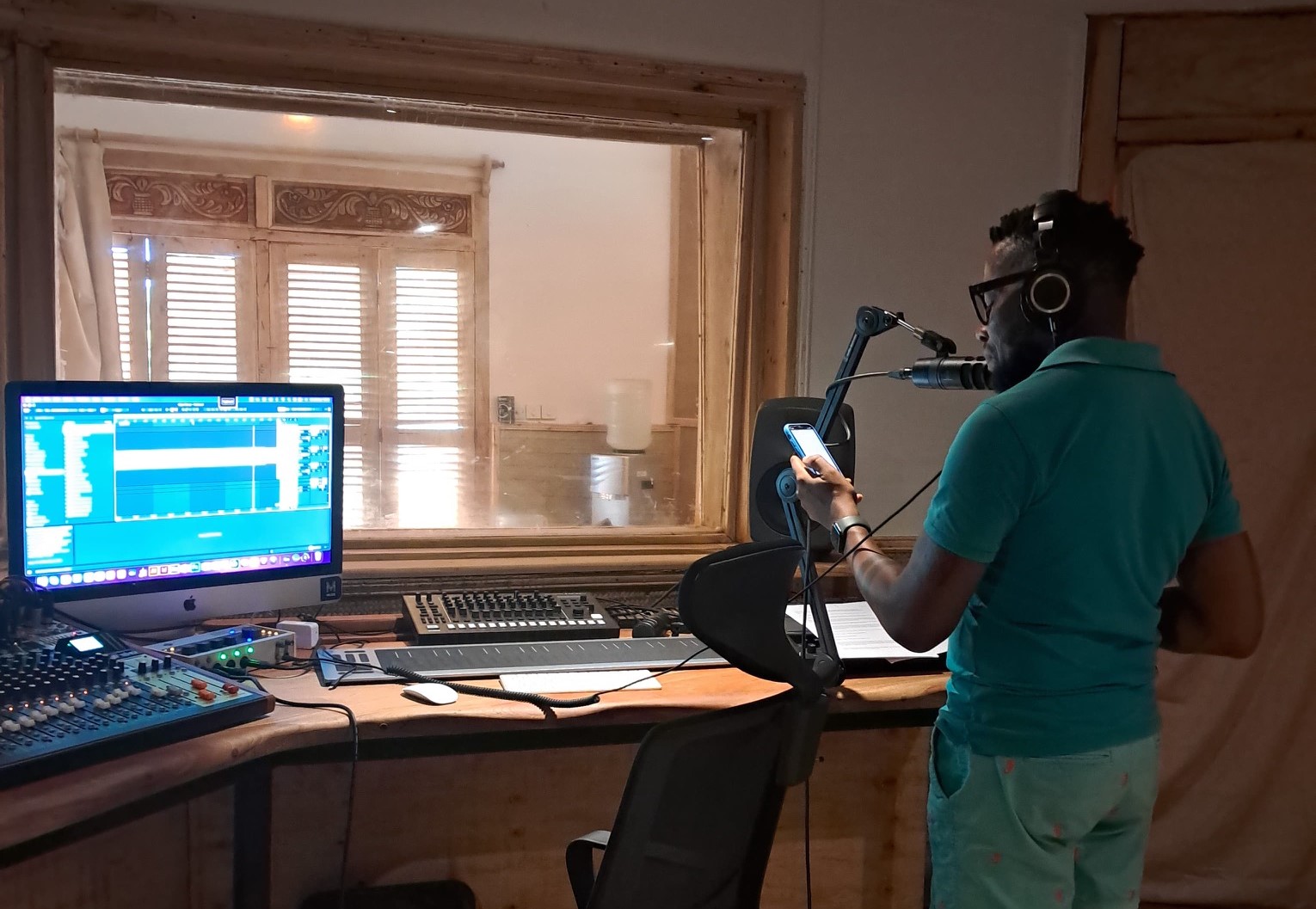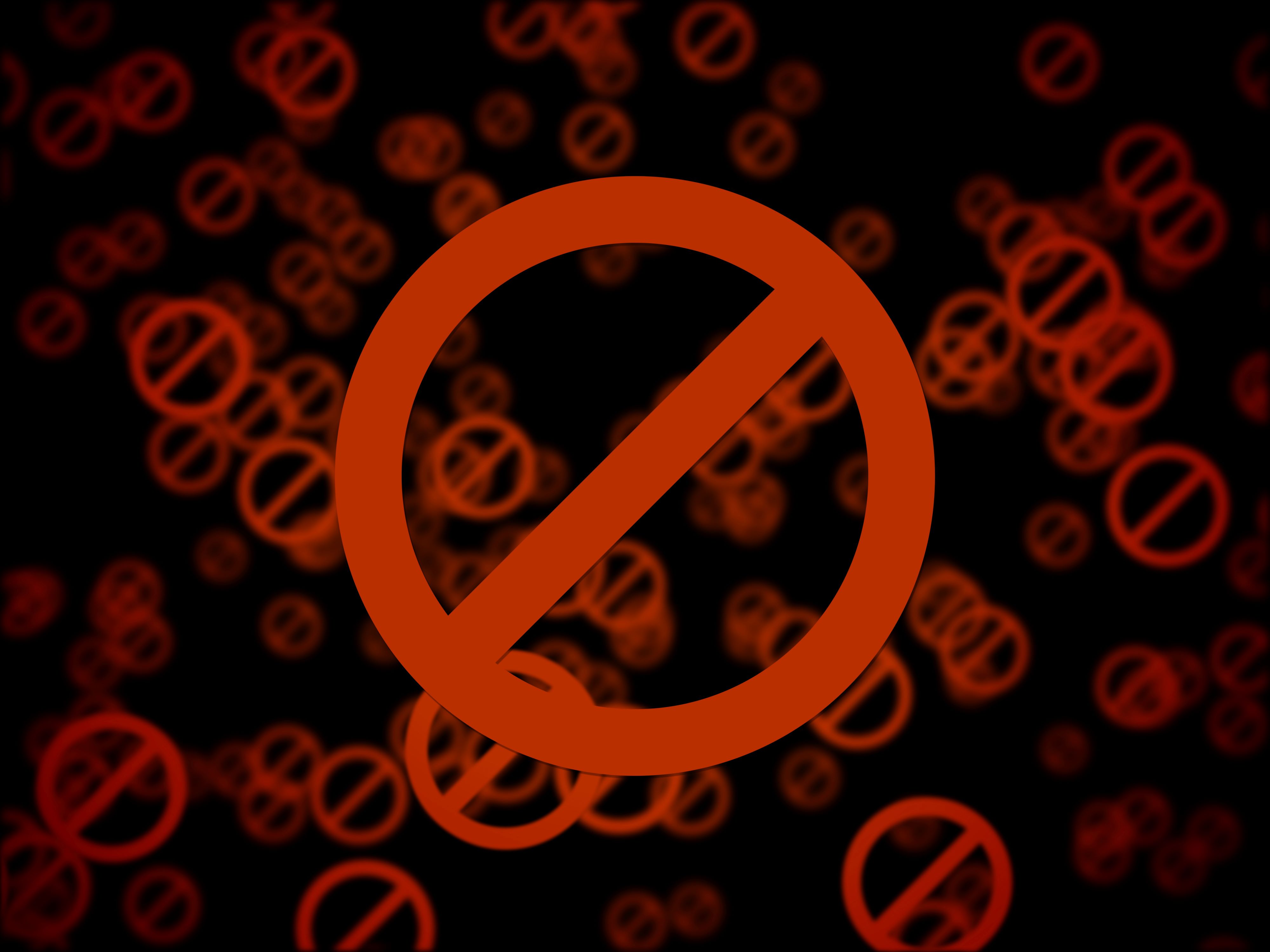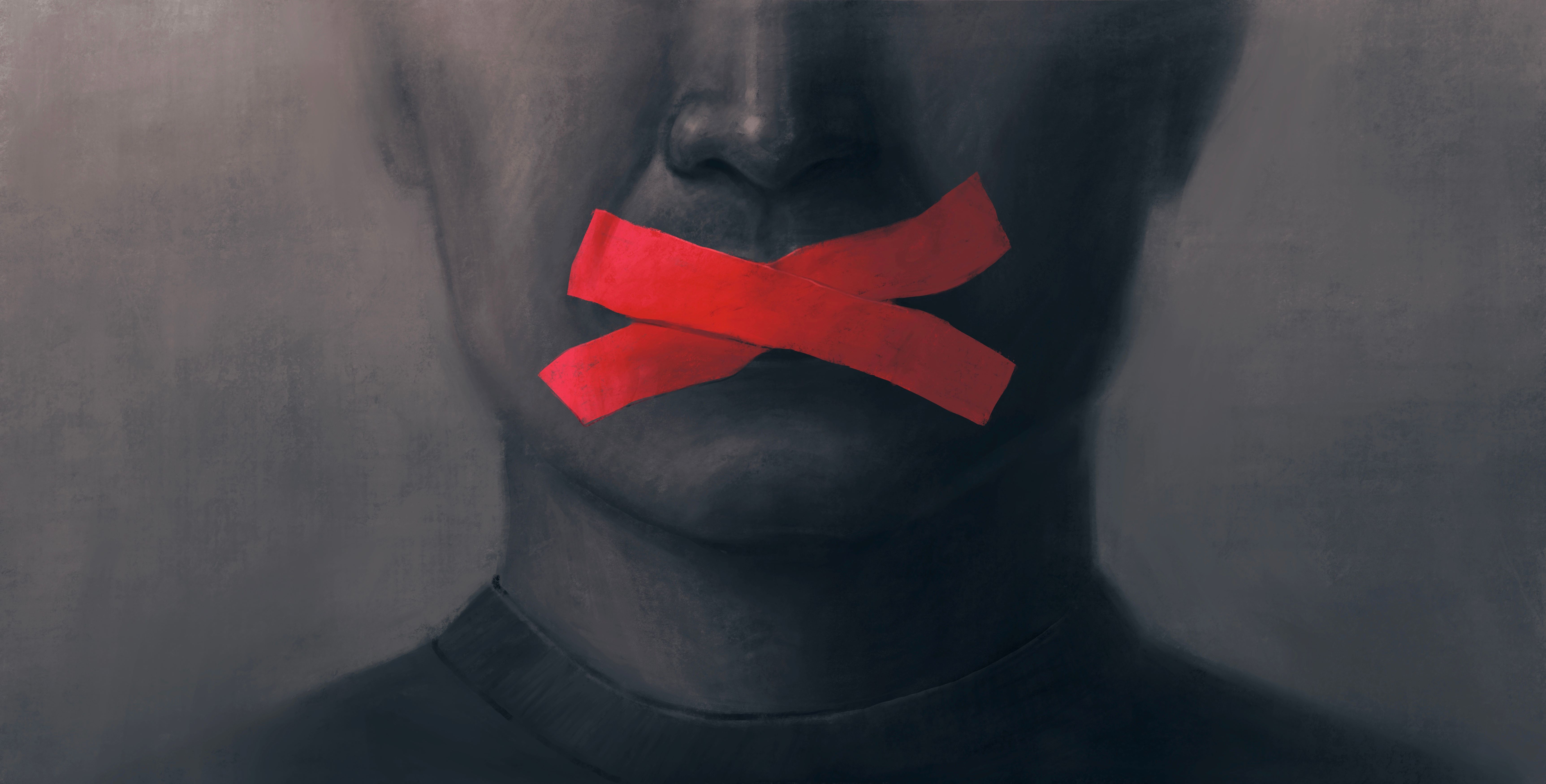عادة ما تنتشر الخرافات والمعلومات غير العلمية أثناء الكوارث الطبيعية، وإذا كان أثرها في السابق محدودا، فإنه مع انتشار وسائل التواصل الاجتماعي، باتت تؤثر بشكل مباشر على ملايين الناس الذين تدفعهم حالة الخوف إلى تصديق كل شيء. كيف كان تعامل وسائل الإعلام مع المعلومات العلمية أثناء زلزال تركيا وسوريا؟
1- في تغريدة نشرها على تويتر قبل الزلزال الذي ضرب تركيا وسوريا، توقع فرانك هوغربيتس، الذي يقدم نفسه على أنه متخصص في "هندسة الكواكب" وقوع زلزال "بقوة 7.5 درجة على سلم ريشتر" في المنطقة رغم أن تنبؤاته لم تكن مبنية على أي أساس علمي.
2- شوهدت تغريدة فرانك أكثر من 50 مليون مرة، ونشرت على نطاق واسع، لكن الذي منح الشرعية لهذه التدوينة هي بعض وسائل الإعلام الكبرى العربية وغير العربية التي استضافته لتفسير نظريته المؤسسة على حركة الكواكب "وهندسة النظام الشمسي"، وهي النظرية التي ينفيها علماء الجيولوجيا.
3- تقع تركيا في منطقة زلزالية نشطة، تتماس فيها الصفائح التكتونية، أي أنها معرضة للزلازل في كل مرة، لكن لم يطور العلم لحدود اليوم أي آلية أو أداة دقيقة للتنبؤ بوقوع الزلازل أو حجمها، إنما بعض المؤشرات التي يمكن أن ترصد النشاط الزلزالي.
4- بسهولة، كان بإمكان وسائل الإعلام التي استضافت فرانك التثبت أنه أخفق في ديسمبر 2018، فبراير 2019 وفي تواريخ مختلفة من 2020 في نشر بيانات صحيحة "متنبئة بالزلازل"، بل وهوجم من طرف علماء بسبب ترويجه لمعلومات غير علمية "تثير الرعب في الناس".
5- على هذا النحو، عاد فرانك ليتوقع زلزالا كبيرا سيضرب بلدانا عديدة في الشرق الأوسط، مع ملاحظة أن تغريداته تنتشر بشكل سريع بين المتابعين المأخوذين بهول الكارثة وحجم الموتى والدمار الذي خلفه الزلزال.
6- كما حدث أثناء انتشار كورونا، فإن نشر المعلومات غير العلمية يؤدي إلى حصد أرواح بشرية مثلما وقع عندما تناول البعض الكحول معتقدين أنها تقي من الفيروس. ويمكن الاستشهاد أيضا باضطرار الآلاف من الإندونيسيين للبقاء في الملاجئ لأكثر من شهر بعد انتشار شائعات عن حدوث تسونامي وشيك.
7- لا توجد معطيات علمية دقيقة لحدود الآن عن تأثير نشر المعلومات غير العلمية عن الزلزال على الناس، لكن ملاحظة بسيطة على مواقع التواصل الاجتماعي يمكن أن تكون مؤشرا دالا على التأثير في حياة الناس وحركة الهجرة وعرقلة مسار المساعدات التي يجب أن تصل إلى الضحايا في أقرب فرصة.
8- كما أن مثل هذه المعلومات تخلف حالة من الرعب والخوف لدى الناس وقد تفضي إلى حدوث فوضى واضطراب في سير العمل واستجابة الدول والمنظمات للكوارث.
9- من الممارسات الفضلى التي توصي بها المواثيق الصحفية المرتبطة بالكوارث والأزمات، هي التحقق من الأخبار العلمية واحترام قاعدة هرمية المصادر، وعدم اللجوء إلى التهويل والانجرار نحو سياق عام مطبوع بالخوف. من هنا تأتي المسؤولية الاجتماعية للصحفيين في حماية المجتمع.
